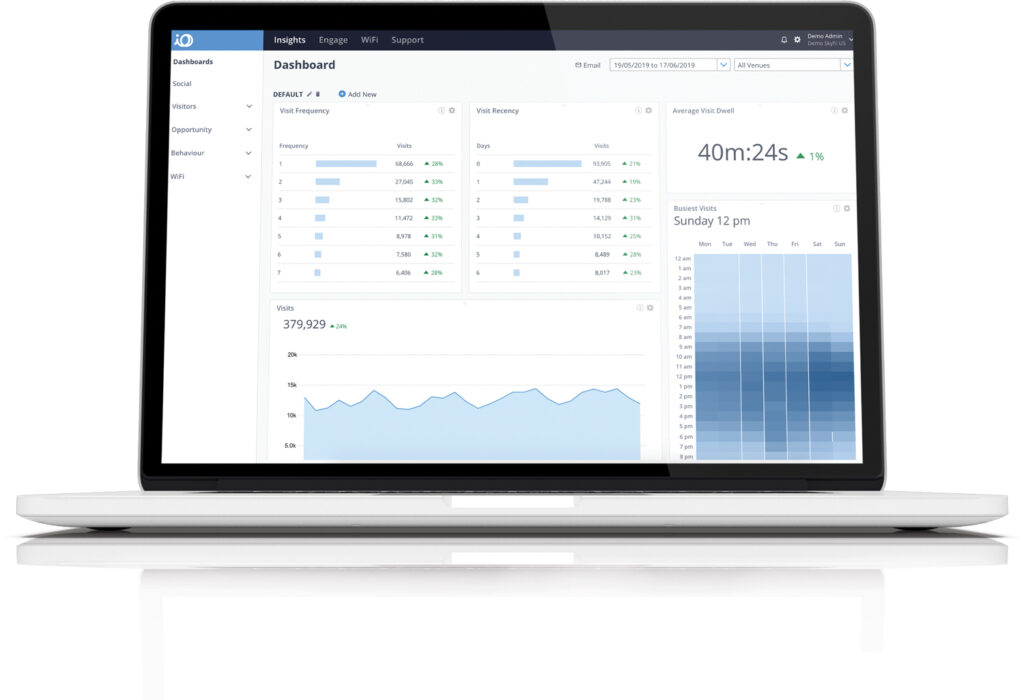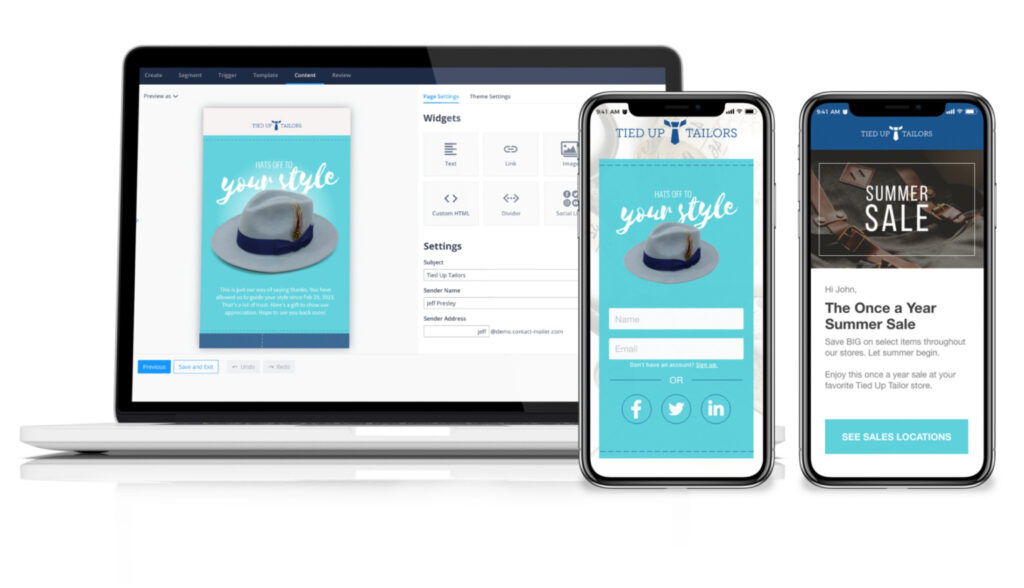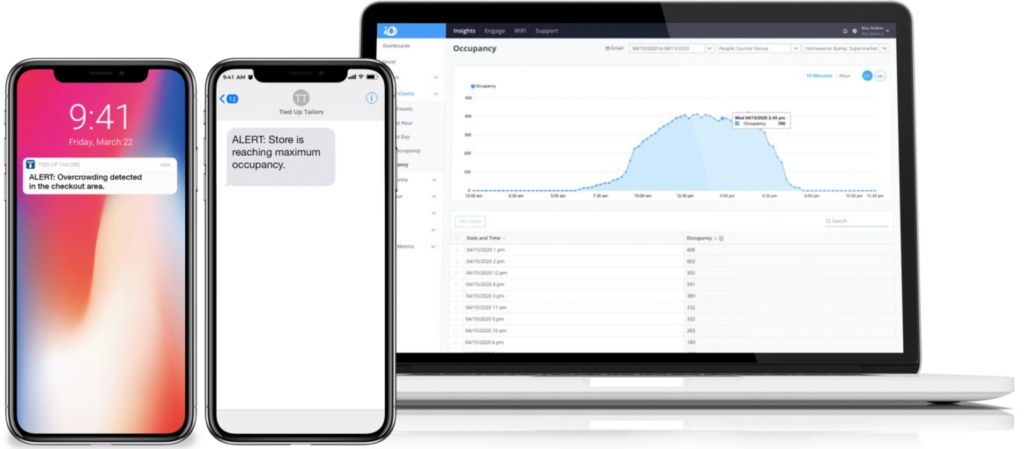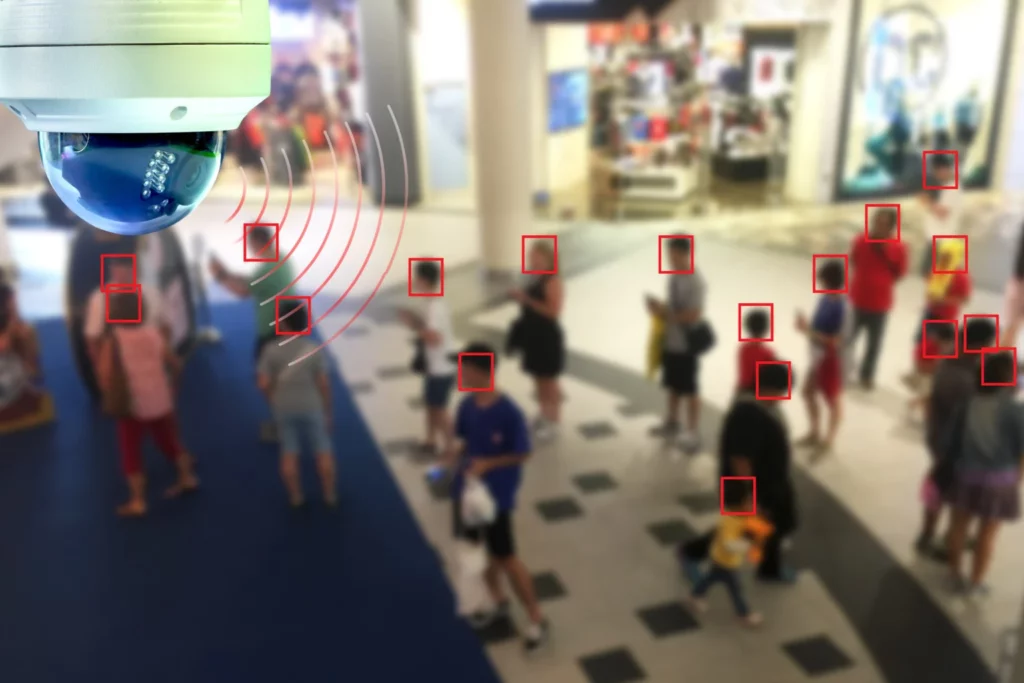4 Smart Retail Trends: Data Driving Efficiency and Growth

Discover smart retail trends transforming retail spaces. Learn how data fuels efficiency, drives growth, and redefines the shopping experience.

Data is transforming the retail property space! With an avalanche of data at their fingertips, retail property managers are unlocking unparalleled insights.
Imagine processing this torrent of data in real-time, extracting actionable intelligence, and gaining a competitive edge from a single dashboard. Skyfii’s platform does just that, offering a holistic view of the retail landscape.
Straits Research states smart retail is a cost-effective and profit-making process for consumers and retailers.
Data is the key to deciphering consumer behaviors and forecasting future trends. From pinpointing foot traffic dynamics to streamlining building operations, data is your superpower.
Thanks to this surge in data accessibility, innovations in AI, machine learning, and predictive analytics are soaring.
Skyfii distills these insights through global partnerships, spotlighting four pivotal industry trends.
What Is Smart Retail?
Smart Retail is the fusion of technology with traditional shopping through data analytics, AI, IoT, and innovative tools. Retailers use it to personalize customer experiences, optimize operations, and redefine customer engagement. This results in an efficient, modern, and immersive shopping journey.
4 Smart Retail Trends: How Data Drives Efficiency and Growth
Discover the four leading smart retail trends that harness data to fuel efficiency and propel business growth.
1. Data to Understand Customer Journeys

Data is essential to understand customer journeys and influence or optimize those journeys.
To create satisfying experiences, you must understand shopper patterns. The ability to measure the uniqueness of different customer journeys using multiple data sources is at the core of this understanding.
Retail property management is well-positioned to provide a cohesive digital experience for shoppers. This seamless integration becomes even more vital as they transition through various locations or stages of their retail journey.
Retail property managers can support their retailers in creating a cohesive, optimized customer experience with the following:
- Loyalty Programs
- Digital Out-of-Home (OOH)
- E-commerce Integration
- Click and Collect
- Network Connectivity
- Location-based Marketing
- Ad Network Retargeting
- Wayfinding
Data is the unifier across these digital services. It helps them become more intelligent and relevant to the customer.
2. Health and Safety Data

Data improves building operations, making them smarter and safer.
Skyfii’s intelligent data platform can detect and notify staff about congestion, overcrowding, and potential instances of illness.
For example, retail property management can use AI-driven occupancy sensors and cameras. These smart devices provide critical data to maintain social distancing. They achieve this by tracking occupant locations and monitoring foot traffic flow.
In addition, thermal sensors can detect above-normal elevations in people’s body temperatures. Then trigger alerts to staff.
Additionally, data can help predict congestion and traffic flow during emergencies or incidents.
For instance, data can predict where occupants will likely congregate or exit a building during a fire. This helps operational teams proactively ensure clear pathways and signage in high-risk areas before an incident occurs.
Real-time reports and automated alerts can also help. Emergency services can quickly locate occupants during a building evacuation.
3. Customer Satisfaction Data

To know the different shopping experiences customers want, you must understand how they currently shop and their level of satisfaction.
You can easily collect location data to understand when and where customers shop with technology, including:
- Guest WiFi
- People Counters
- Smart Cameras
- Bluetooth Low Energy (BLE)
- Mobile Apps
For example, you can correlate when and where customers shop with sentiment data captured via a survey. The collected data can help you understand customers’ satisfaction with their experiences.
This data also provides a deep understanding of both category and retailer performance.
For instance, surveys delivered through a WiFi captive portal or a digital touch screen offer a low-cost and scalable solution. You can capture customer demographic, geographic, preference, and satisfaction data.
4. Energy Consumption Data
Data collected by smart sensors provides visibility into inefficient building systems and equipment.
This technology allows you to make real-time adjustments to reduce energy consumption. For example, smart buildings can control lighting and HVAC settings. You can adjust settings based on occupancy, external temperatures, or the amount of natural sunlight in the room.
Furthermore, retail property groups can use data to inform tenants when to run large equipment like refrigerators at off-peak times to decrease energy usage and costs.
Smart-building sensor data can also help reduce operating and maintenance costs.
For example, a building with connected sensors can automatically check equipment. Then the platform will notify personnel when preventive maintenance or replacement is necessary.
This approach cuts down on manual service checks. Proactive maintenance also helps reduce the costly downtime needed for reactive maintenance.
Data is Complex. Skyfii’s Smart Retail Solutions Simplify It
These smart retail trends have the biggest influence on creating more efficient retail environments.
Data is at the core of how the retail property industry can innovate and push the boundaries of a more intelligent shopping experience.
At Skyfii, we thrive in the complex world of machine learning, predictive analytics, and AI. We aim to simplify this space for our retail property partners through our experience and solutions.
